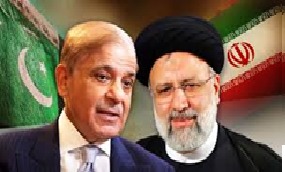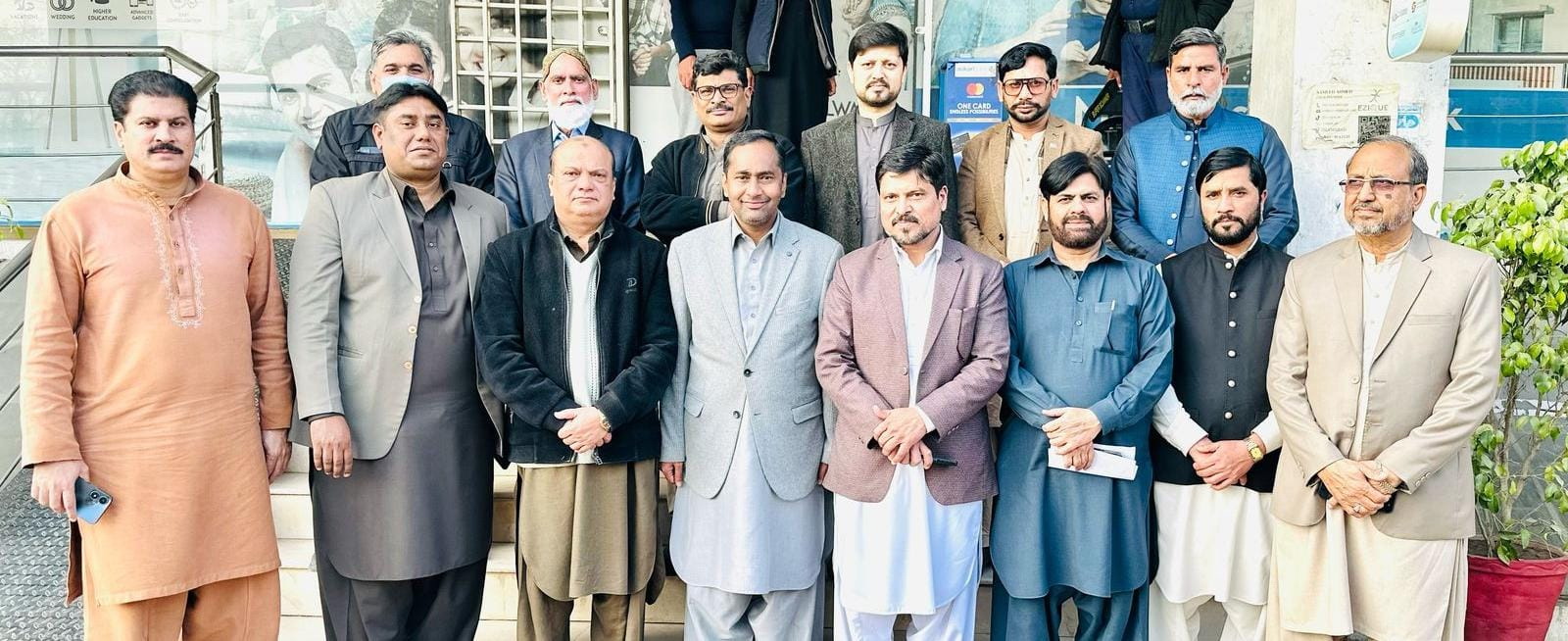Terror Surge: KP in Crisis
The recent surge of terrorist activities in Khyber Pakhtunkhwa (KP) has once again highlighted the ongoing security challenges in the region. The tragic attack on July 3, 2024, which killed former Senator Hidayatullah Khan and four others in Bajaur, underscores the persistent threat posed by militant groups. Hidayatullah Khan was actively involved in his nephew’s election campaign when a remote-controlled bomb detonated, ending his life and those of his companions (Voice of America) (The Express Tribune). Hidayatullah had previously served as a senator from 2012 to 2024 and was a key figure in KP’s political landscape (indiatoday).
This incident is part of a broader pattern of violence. On July 19, 2024, a bomb blast in Takht Bhai targeted police forces, killing several officers and injuring others. This attack occurred in the historical site of Takht Bhai Kandarat, further adding to the distress of the local community (The Express Tribune). Moreover, the recent terrorist attack on a cantonment in Bannu has only added to the fear and uncertainty among the residents of KP (DAWN).
These events are a stark reminder of the new waves of terrorism that have swept across KP following the Pakistan government’s announcement of Operation Istikham. This operation aims to root out terrorism, but it has also seemingly provoked a backlash from militant groups, leading to increased violence and instability (indiatoday).
The public sentiment in KP has been affected significantly by these incidents. There is growing hatred and distrust towards the Pakistan Army, partly due to the perceived failure to provide adequate security and partly because of the collateral damage often associated with military operations. This animosity is not new but has been exacerbated by the recent escalation in violence.
Comparing these recent events with past operations in KP reveals a troubling trend. Despite numerous military operations over the years, including Operation Zarb-e-Azb and Operation Radd-ul-Fasaad, militant groups continue to regroup and launch attacks. The resilience of these groups suggests that a purely military approach may not be sufficient. A more comprehensive strategy, incorporating political dialogue, economic development, and social reforms, might be necessary to achieve lasting peace in the region.
The rise in terrorist activities in KP is a grave concern that demands urgent and multifaceted responses. The current situation calls for a comprehensive approach that goes beyond military interventions. It is crucial to address the socio-economic conditions that fuel radicalization, strengthen local governance, and engage the local population in peace-building efforts. Only through a multi-faceted strategy that includes economic development, education, and community involvement can the cycle of violence in KP be broken.And second, the government must act swiftly to restore the confidence of the people in state institutions and ensure long-term stability in the region.
_“ The writer is a freelance journalist based in KP, Khyber Pakhtunkhwa. He is a graduate of Journalism and Mass Communication. He can be reached at kashifkhan.jmc2022@gmail.com. He tweets @thekshfkhan.”_



